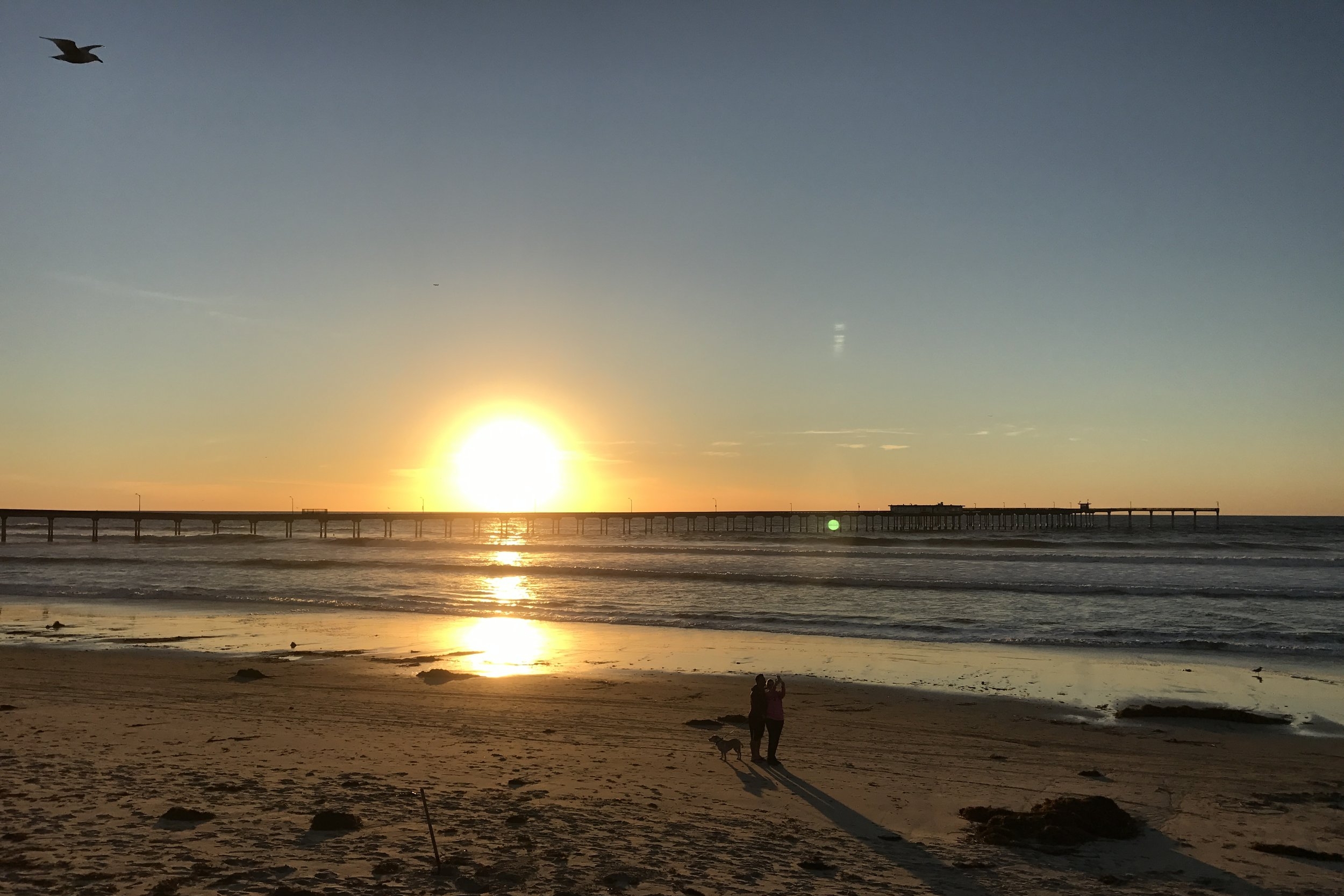An Interview With Madoka Hara, Development Director Of RISE Yoga For Youth
By Kelly Krishna Dunn
I love the message of RISE Yoga For Youth and how the nonprofit brings yoga and wellness programs to underserved teens in the Bay Area and the mission to empower teens to be agents of positive change in the world. We are thrilled to promote and support this cause RISE Yogathon 2017. We had the opportunity to interview Madoka Hara, the development director of RISE.
I understand all proceeds will support current and new yoga and wellness programs at lower-income schools. Could you tell us about the wellness education program? What is the scope?
Each of our yoga classes are structured in a way that approaches wellness and self-care in a holistic, all-encompassing way. In addition to learning yoga poses and breathing exercises to help regulate stress and manager their emotions, our students also learn a variety of topics including:
Nutrition & Healthy Eating: Understanding the body as a valuable vehicle worthy of excellent fuel.
Anatomy & Physiology: The systems of the body, how and why yoga cleanses from within and how to prevent disease.
Ethical Principles Of Yoga: Non-violence, contentment, self-discipline, and self-regulation.
Conflict Resolution: Patience and compassion with one’s self and others as a more productive way to resolve differences.
Inner Confidence and Strength: Understanding and acknowledging patterns of negative self-beliefs; learning to open up to one’s inner light and strength through positive affirmations, journaling and various positive thinking exercises.
Anger and Forgiveness: Understanding the roots of anger and why forgiveness benefits the giver more than the recipient.
By the end of the program, our goal is to have students develop an understanding of the mind/body relationship and begin to better understand the nature of their mind and its power to influence their feelings, health and lives.
Which style or styles of yoga will be offered in the new yoga and wellness programs?
The postures and sequencing in our programs are based on hatha yoga. We also incorporate restorative and yin yoga and our students love it!
Did you come across obstacles while developing wellness programs?
As a small startup nonprofit, funding is always our biggest challenge. The interest is definitely here in the Bay Area as many schools are shifting towards a restorative justice approach in addressing student behavior, shifting the focus of discipline from punishment to learning and from the individual to the community. Yoga and mindfulness, then, can become a possible solution to give students a safe and supportive space to reflect on themselves and the root of their behaviors. That’s some powerful stuff. Many schools want to incorporate this transformational practice into their educational environment, but the schools that need it most are typically heavily under-resourced and strapped for cash. For this reason, we depend on the community’s support to sustain our programs in these lower income schools.
What kind of inner resources would you like to see in the students develop?
One of the biggest things we discuss and work on with the kids is the ability to recognize our emotions without judgement, and more importantly, without letting those emotions define who we are. For instance, we talk about the difference between saying “I am angry” and “I have anger in me.” The former gives your emotions a definitive power in shaping your identity, and the latter recognizes your mind and your body as a capacious vessel for processing all emotions. This realization can be so life changing and empowering to our students. Even as adults, it takes us a while to understand this. Yoga and mindfulness really helps with cultivating that ability to watch your thoughts and emotions without letting them consume you.
What we want to see in our students is the ability to cultivate a strong connection to their inner strength and power. Many teens suffer from social and emotional pressures, which can lead to high levels of insecurities and negative self-image. Our goal is to help our students recognize that they each have a unique gift to share with this world, and ultimately help them find a deeper sense of who they are.
Do you practice yoga? Which style do you enjoy?
Yes! I was actually introduced to yoga when I was a teen myself. When I was 15 years old, my English teacher Mrs. Tait incorporated yoga and mindfulness into our classes to help us des-tress. Now I teach and practice hatha, vinyasa, and yin yoga mainly. I also love restorative and acroyoga, and I am hoping to try aerial yoga soon.
Will you be joining in to participate in 108 Sun Salutations?
I will certainly be at the Yogathon! Yoga Mala (doing the 108 sun salutations) is one of my favorite yoga practices. It can be so deeply meditative and powerful.
Where do you see yourself in five years?
Expanding in the East Bay out in Oakland and Alameda County. To diversify our staff. We would like to expand in creating safe spaces for LGBTQ youth in schools.
Do you have a message or tip for our readers and students?
Teens are faced with social and emotional pressure. A reminder to keep showing up for our teens. They are our future.
We appreciate your wonderful mission and message to the world. If you are interested in joining RISE Yoga for Youths 4th annual RISE Yogathon 2017 on March 18th, 2017 hosted by Mission High School click here>>>>
To learn more about RISE visit www.riseyogaforyouth.org.









